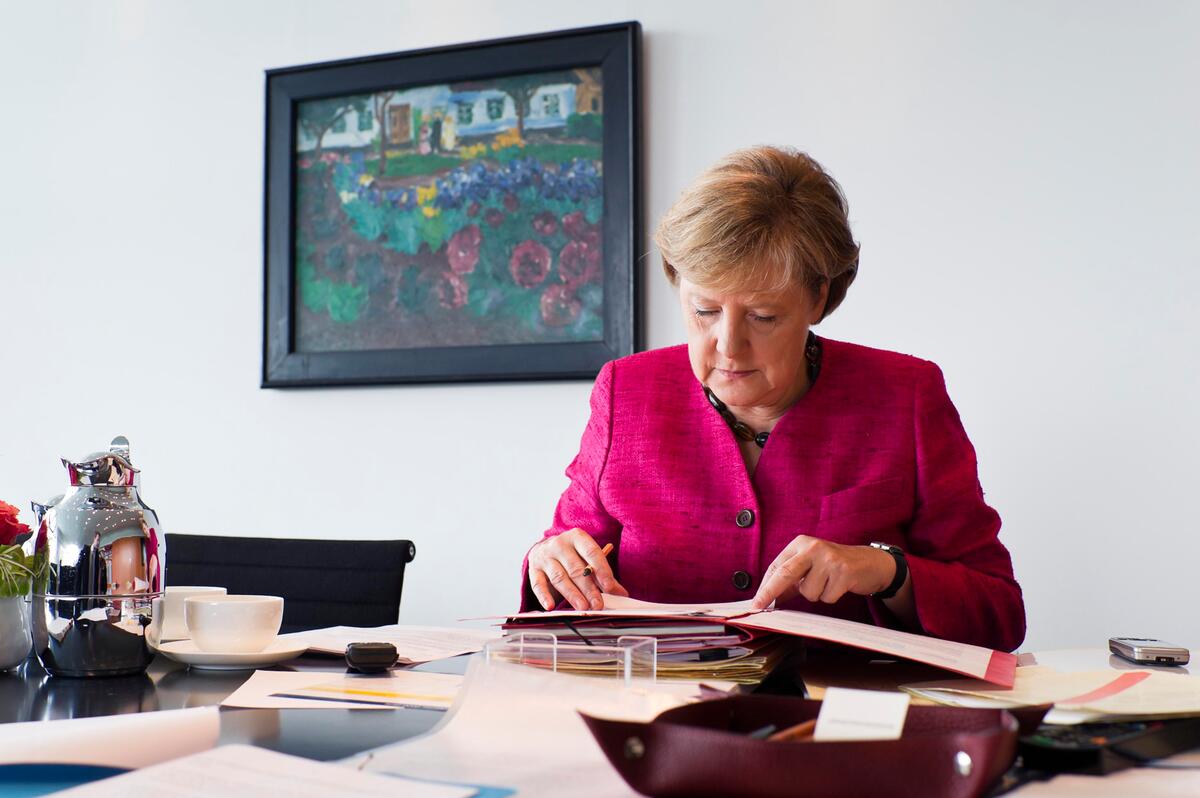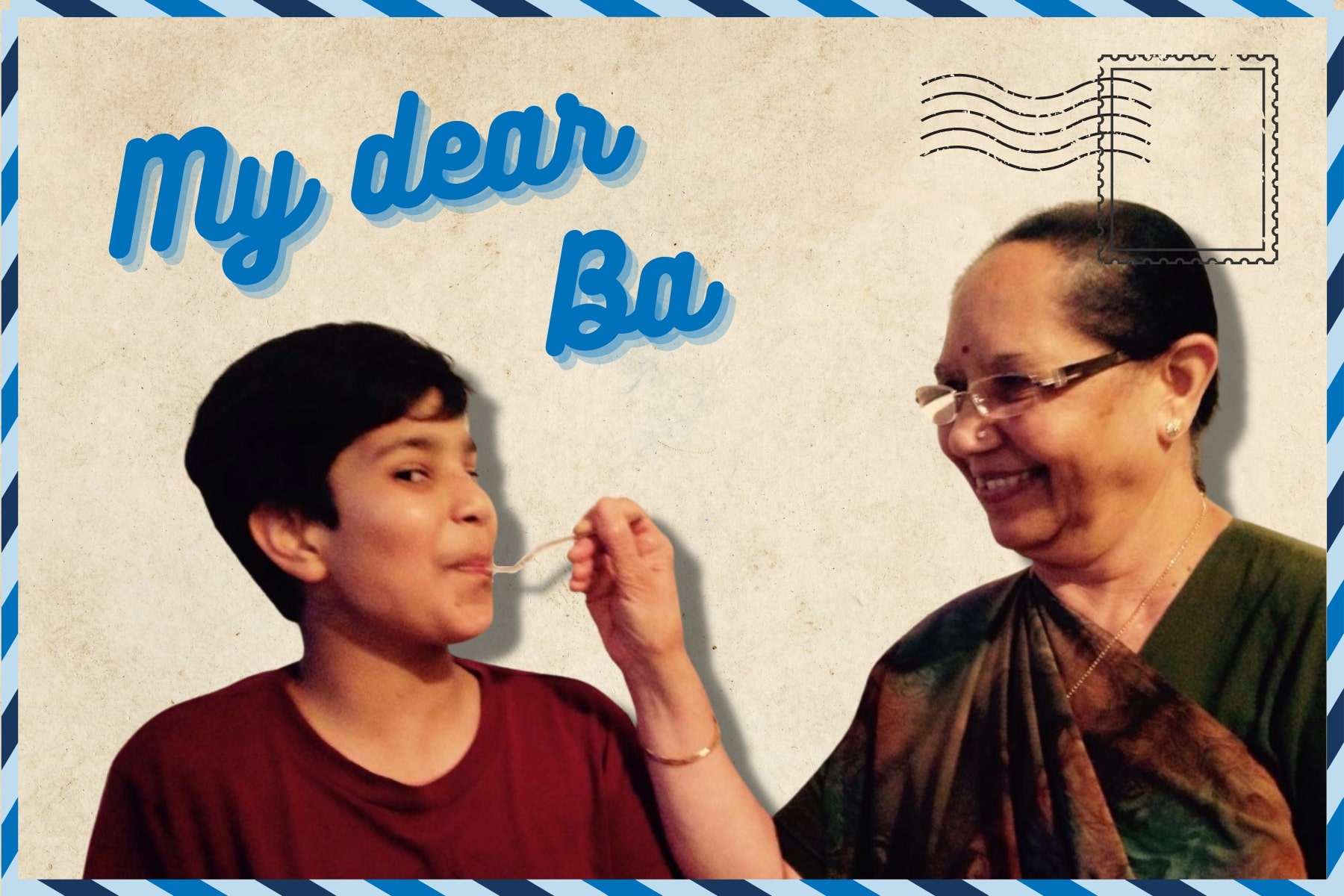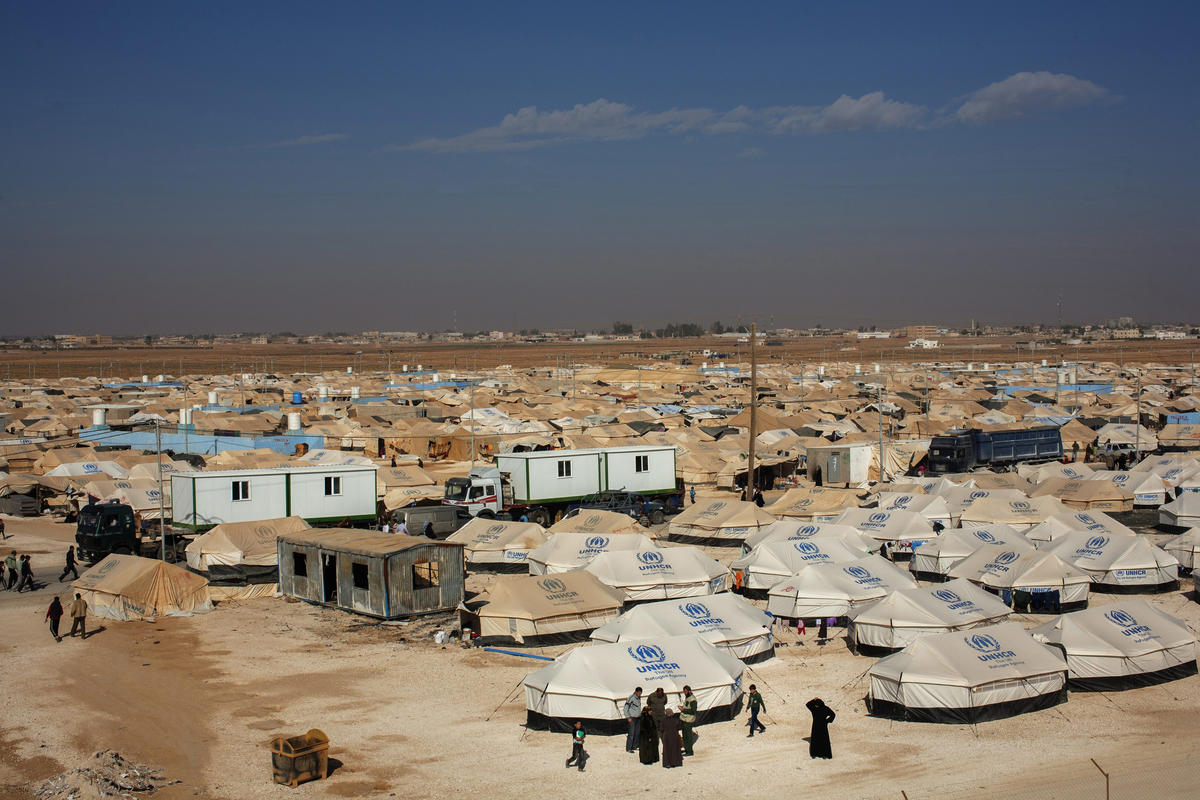Afghan refugees in Syria forced to move on to Romania
Afghan refugees in Syria forced to move on to Romania
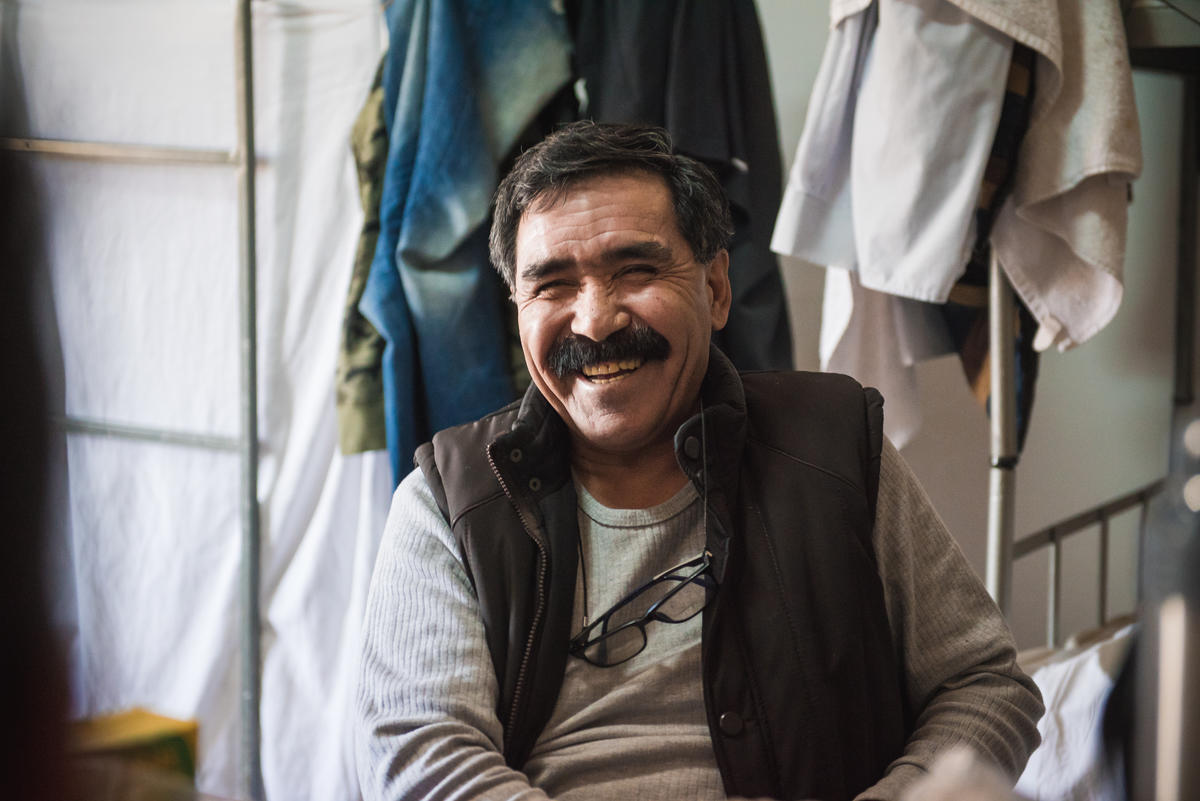
TIMISOARA, Romania – More than 30 years ago, Muhammad Hussain, aged just 23, took responsibility for getting his wife, his mother, two brothers and four sisters out of Afghanistan to safety after war broke out.
It was the start of an odyssey that took them to Turkey, Iran then in 1989 to Syria, where he believed they had found peace. He began rebuilding his life through hard work, first in construction, then by starting two businesses of his own, only to see it fall apart when war broke out in the country he had called home.
More than 5 million refugees have fled Syria since 2011, but the country is less well-known for sheltering thousands of refugees from elsewhere, who often find themselves trapped by the conflict.
This year UNHCR, the UN Refugee Agency, has asked resettlement countries to open their doors to 1,500 refugees still in Syria – 1,340 Iraqis, 80 Afghans and 80 from other countries – who are not adequately protected there.
Hussain is one of the lucky ones. After reaching Romania, where they spoke to UNHCR, he and his wife Sakina and their youngest son,18-year-old Murtaza Husaini, are now in the United Kingdom. UNHCR’s support and the British government’s generosity through its resettlement programme have given the family a chance to start their lives over again.
“When the war started, I thought after a few months, it will be finished.”
Over the decades, Hussain’s siblings and his two older sons found safety at opposite ends of the earth, in the United States and Australia.
“Resettlement keeps refugees safe by moving them to a secure third country,” says Montserrat Feixas Vihé, UNHCR’s regional representative for Central Europe. “The Emergency Transit Centre in Timisoara, Romania, is an important place where refugees on their way to a resettlement country can stay safe while their case is completed.”
Life in Syria was relatively good before fighting began in 2011, Hussain recalls. Echoing the words of refugees the world over, he says: “When the war started, I thought ‘today, maybe tomorrow, after a few months, it will be finished’. Until 2014 I still thought there would be peace.”
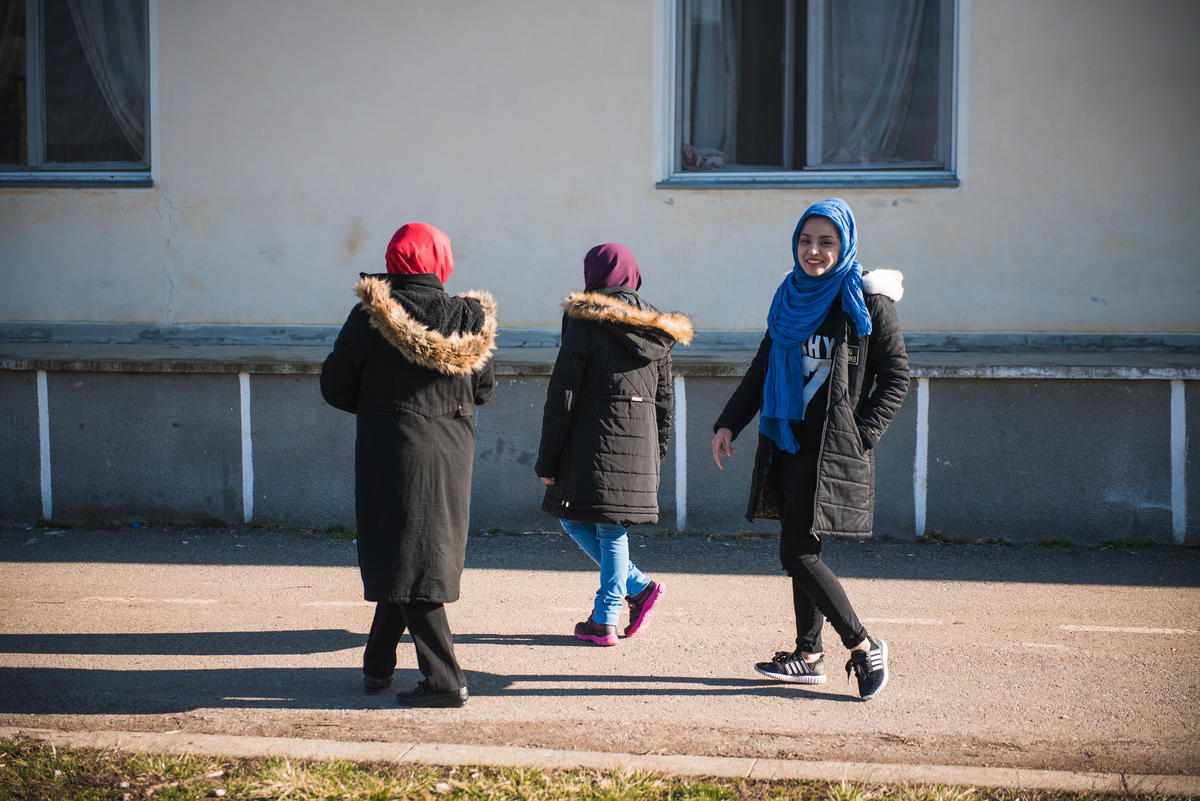
Reluctantly abandoning those hopes, he registered with UNHCR as a refugee in Syria that year.
During his time in Syria, he made some choices he says people with more comfortable lives in peaceful countries might find difficult to understand. Desperate to provide his two older sons safety and education, he used his life savings, the proceeds from both his businesses, to send them out of the country separately, using people smugglers.
“I don’t want for people to help me. I like to help people”.
For anyone tempted to judge his decision, he says: “We have a saying in my country: ‘Those who have a full stomach don’t think the same as someone who is hungry’.”
At 57, Hussain is grateful for the new start in the UK: “For the few years I have left, my life will be in peace.” Speaking his native Dari through an interpreter, he says he hopes to learn English as well as he learned Arabic in Syria.
His wife Sakhina, is less excited about the need to learn another language in one more country after a lifetime on the move.
Hussain plans to put into practice the advice he gave his children throughout the family’s peripatetic life. “I told them, ‘everywhere you go, try to integrate’.”
As soon as he arrived in the UK, he vowed to “start work immediately. I don’t want for people to help me. I like to help people”.



